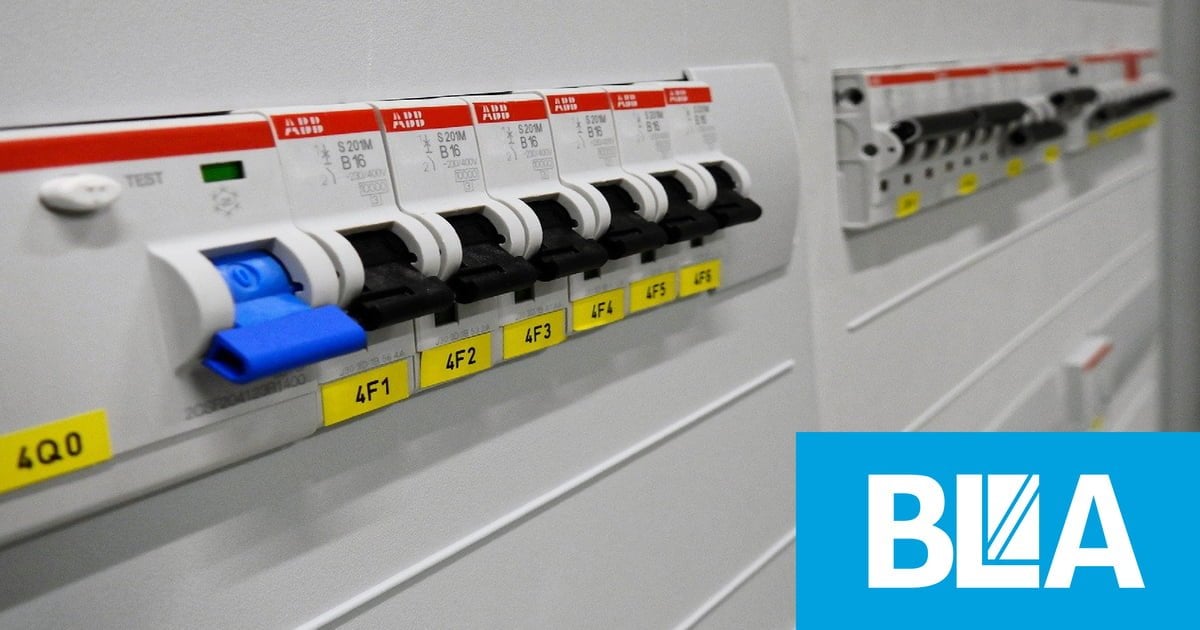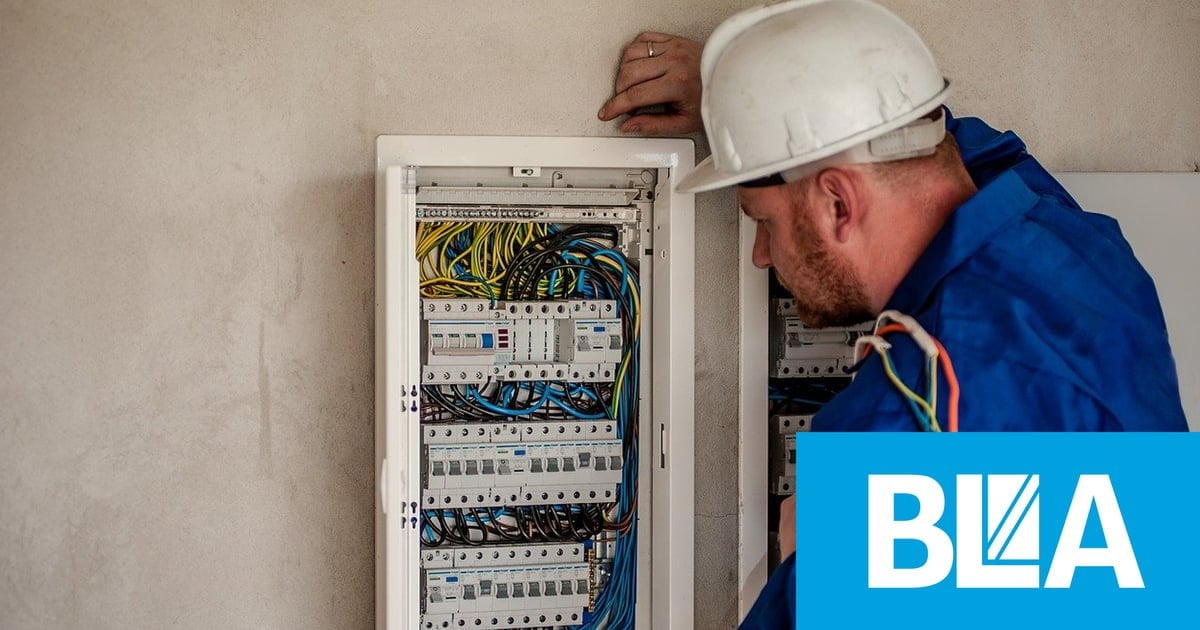Who is responsible for Commercial Property EICR
In the UK, commercial property owners and managers must adhere to strict regulations regarding electrical safety and obtaining an Electrical Installation Condition Report (EICR) is crucial to compliance.
However, if the property is let on a fully repairing lease, then it is highly likely the tenant will be responsible for the EICR on the commercial property.
To avoid doubt, all repairing and insuring leases should stipulate that the tenant is responsible for the Electrical Installation Condition Report.
Unlike most residential tenancies, you can make the commercial tenant responsible for the EICR obligation.
This comprehensive guide delves into the specifics of EICR requirements for commercial properties, ensuring you understand your obligations and how to meet them.
What is an EICR?
An Electrical Installation Condition Report (EICR) is a thorough inspection of a property’s electrical installations.
It assesses the safety and condition of the wiring, sockets, switches, and other electrical components. It identifies any potential hazards or defects that could pose a risk to occupants or the property.
Legal Requirements
Commercial property owners in the UK are legally obligated to ensure the safety of electrical installations under the Electricity at Work Regulations 1989 (as amended).
These regulations require periodic inspections and testing to be carried out by competent electricians.
Failure to comply with these requirements can result in fines, invalidated insurance, and even prosecution in the event of an incident.
Frequency of Inspections
The frequency of EICR inspections for commercial properties varies depending on the type of establishment and its use.
Generally, inspections are recommended every 5 years for industrial premises and every 3 years for commercial buildings, such as offices, shops, and restaurants.
However, the exact interval may be determined by factors such as the age and condition of the installation.
What Does an EICR Involve?
During an EICR inspection, a qualified electrician will thoroughly examine the electrical installations.
This includes visual inspections, testing, and the use of specialised equipment to assess the system’s integrity and safety.
The electrician will identify any defects, deterioration, or non-compliance with current regulations.
Reporting and Recommendations
The electrician will provide a detailed report outlining their findings after the inspection.
This report will categorise any observed issues according to their severity and recommend remedial action.
Property owners must promptly address any deficiencies identified in the report to ensure compliance with regulations and maintain the safety of occupants.
Importance of Compliance
Ensuring compliance with EICR requirements is not only a legal obligation but also essential for safeguarding the well-being of employees, tenants, and visitors.
Property owners can mitigate the risk of electrical accidents, fires, and costly downtime by conducting regular inspections and promptly addressing any identified issues.
Conclusion
In conclusion, understanding and adhering to EICR requirements is paramount for commercial property owners in the UK.
By prioritising electrical safety and compliance, you can protect your investment, mitigate risks, and ensure the well-being of all occupants.
Schedule regular EICR inspections with qualified professionals to maintain the integrity and safety of your electrical installations.
Periodic Inspections
Detailed Examination
Identification of Hazards
Reporting and Recommendations
Remedial Action Compliance
Risk Mitigation
Regular Inspections

Commercial property EICR requirements in the UK:
What is an EICR?
An Electrical Installation Condition Report (EICR) is a detailed inspection of a commercial property’s electrical systems and installations. It assesses their condition, safety, and compliance with regulations.
Who needs an EICR?
Any commercial property owner or manager in the UK must obtain an EICR to ensure the safety of occupants and comply with legal regulations.
How often is an EICR required for commercial properties?
The frequency of EICR inspections varies depending on the type of establishment and its use.
Generally, inspections are recommended every 5 years for industrial premises and every 3 years for commercial buildings, such as offices, shops, and restaurants.
- What does an EICR involve?
During an EICR inspection, a qualified electrician thoroughly examines the electrical installations, including visual inspections, testing, and the use of specialised equipment to assess safety and compliance.
- What happens after the inspection?
After the inspection, the electrician provides a detailed report outlining any identified defects, hazards, or non-compliance issues. The report also includes recommendations for remedial action.
- Why is compliance with EICR requirements important?
Compliance with EICR requirements is essential for ensuring the safety of the commercial property’s occupants, employees, and visitors.
It also helps property owners mitigate the risk of electrical accidents, fires, and costly legal consequences.
- What are the consequences of non-compliance?
Failure to comply with EICR requirements can result in fines, invalidated insurance, and even prosecution in the event of an incident.
Commercial property owners must prioritise electrical safety and compliance to avoid these consequences.
- How can property owners ensure compliance?
Property owners can ensure compliance with EICR requirements by scheduling regular inspections with qualified electricians, promptly addressing any identified issues, and maintaining detailed inspections and remedial action records.
Links related to commercial property EICR requirements in the UK:
- Electrical Safety First – EICR Guide for Landlords
- Gov. UK – Electrical Safety Standards in the Private Rented Sector
- NICEIC – Electrical Safety in Commercial Premises
- IET Wiring Regulations (BS 7671)
- HSE – Electricity at Work Regulations 1989
The British Landlords Association is a national landlords association for UK landlords. It is one of the largest landlord associations in the UK. Join us now for £79.95!
Disclaimer:
This post is for general use only and is not intended to offer legal, tax, or investment advice; it may be out of date, incorrect, or maybe a guest post. You are required to seek legal advice from a solicitor before acting on anything written hereinabove.





